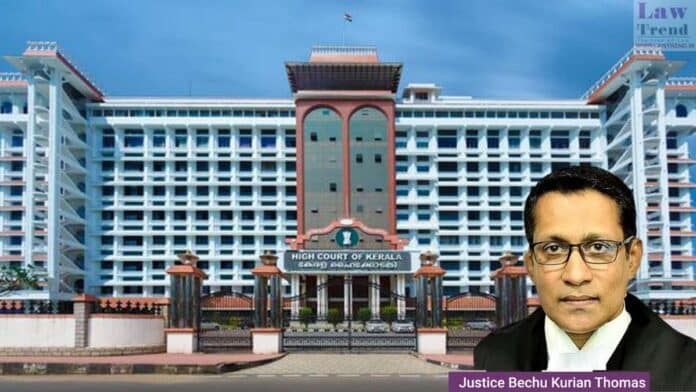In a significant judgment that reinforces the decriminalization of attempted suicide, the Kerala High Court has quashed charges against Naveed Raza, who was accused under Section 309 of the Indian Penal Code (IPC) for allegedly attempting to commit suicide by banging his head against a wall while in police custody. The court observed that such
To Read More Please Subscribe to VIP Membership for Unlimited Access to All the Articles, Download Available Copies of Judgments/Order, Acess to Central/State Bare Acts, Advertisement Free Content, Access to More than 4000 Legal Drafts( Readymade Editable Formats of Suits, Petitions, Writs, Legal Notices, Divorce Petitions, 138 Notices, Bail Applications etc.) in Hindi and English.




